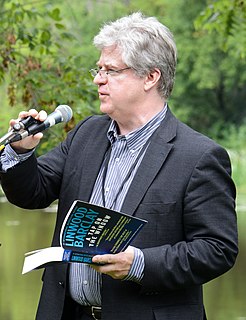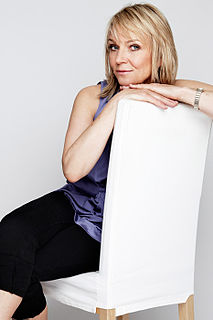A Quote by Wilbur Smith
My first novel was rejected by some of the most eminent publishers in the world. Starting again was a real wrench.
Related Quotes
If someone does learn about the world from reading a novel of mine, that makes me very happy. It's probably not what brings me into the novel in the first place - I usually am pulled in by some big question about the world and human nature that I'm not going to resolve in the course of the novel. But I'm very devoted to getting my facts straight.
One easy mistake to make with the first novel is to expand the short story. Some things are better as a story; you cannot dilute things into a novel. I think the first hundred pages of a novel are very important. That's where you set things up: the world, the characters. Once you've set that up, it'll be much easier.
Having 'The Expats' not be 'wholesale-y' rejected by the world made it possible for me to write the second book and have a publisher buy it before it was entirely written. And it made it easier for me and my publisher to get 'The Accident' out into the world without trying to convince people to pay attention to it the way you do for a first novel.
..The truly fraudulent claims must be discarded. But novel methods of therapy should not be rejected because they are novel, or because they run counter to some generally accepted belief ("which may just be biased"), or because we do not understand the mechanism of the proposed treatment, or because it has come from an unconventional source.
I didn't write professionally at first. It took me nine years to get anything published. At the beginning I mostly wrote picture books, which were rejected by every children's book publisher in America. The first book of mine to be accepted for publication was ELLA ENCHANTED, and not one but two publishers wanted it. That day, April 17, 1996, was one of the happiest in my life.






































